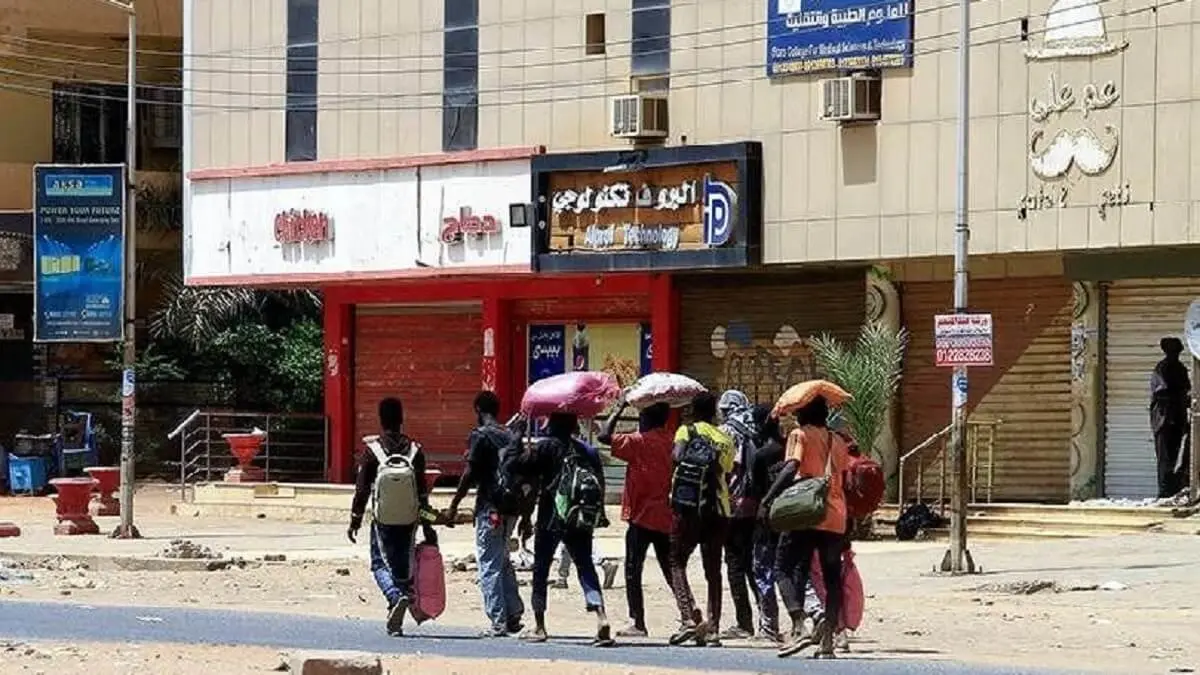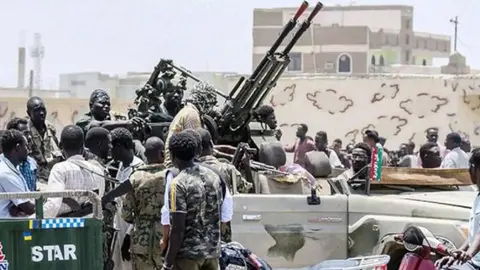Violence immediately returns to Sudan after one day of ceasefire

Saudi Arabia and the United States have repeatedly reaffirmed their role as mediators to end the military conflicts in Sudan between the FAR paramilitaries and the army. The US and Saudi mediation efforts have been marked by a relentless pursuit of a ceasefire that, unfortunately, has never materialised. This led to the suspension on 1 June of the indirect talks between the two sides, sponsored by Washington and Riyadh, and brought with it the imposition of US economic and visa sanctions against the paramilitaries, the army and affiliated companies that enable rearmament.
However, last Friday mediators announced that the warring parties had agreed to a 24-hour truce to facilitate the delivery of vital humanitarian aid after eight weeks of heavy fighting that has left some 25 million people, more than half of Sudan's population, in need of help and protection, according to the UN.

Early on Saturday morning, military roadblocks were lifted in Sudan, allowing many shops to open, allowing free movement in the capital for people wanting to buy food and allowing vehicle traffic to resume. Although neither side has reported on the course of the truce, both sides pledged to "refrain from prohibited movements, attacks, use of aircraft and drones, bombardment, artillery and rearmament of their forces", as stated in the communiqué issued by the US and Saudi Arabia, although both sides warned that they would respond if they encountered any action during the truce that directly threatened them.
The mediators said the truce was intended to "break the cycle of violence, since, if the parties did not observe the pause, they would be forced to consider postponing the Jeddah talks". It was also an opportunity to build confidence between the two, even though the Saudis and Americans believe that "there is no acceptable military solution to the conflict".
Within an hour of the end of the truce, violence resumed with heavy fighting and air strikes in Sudan's capital Khartoum and artillery fire in northern Omdurman. A joint statement by the mediators announced their disappointment at the immediate resumption of intense violence. For this reason, in the last hours several Saudi media reported that "Saudi Arabia and the United States said they were ready to resume talks as soon as the two parties to the conflict demonstrate their adherence to what was agreed in the Jeddah Declaration", in which the FAR and the army pledged to negotiate short truces while working together to reach a permanent ceasefire.

Since the fighting began on 15 April, more than six truces have been agreed but have been violated with the exception of this latest one. The escalating violence has forced more than a million Sudanese to flee their homes, according to UN Refugee Agency (UNHCR) spokesman Matthew Saltmarsh, of whom nearly 500,000 have sought refuge in neighbouring countries such as South Sudan, Chad, Libya and Ethiopia, which have their own difficulties with food security, drought and even armed conflict. One of the main recipients of Sudanese refugees has been Egypt, which has received 200,000 people arriving overland at its borders, adding migration to Cairo's list of problems. To limit the influx of Sudanese, the Egyptian government has tightened entry requirements for women, children under 16 and people over 50 who had previously been exempt from visas, in order to "stop the illegal activities of individuals and groups on the Sudanese side of the border who falsify documentation to enter".









